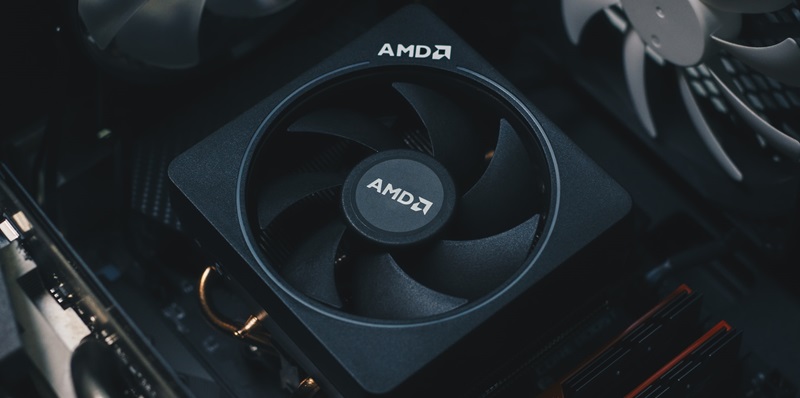At CES in January, AMD CEO Dr. Lisa Su pulled a “one more thing” move at the end of the presentation and unveiled a monster AI accelerator named MI300. This highly anticipated product is now making its way to the market, with AMD already shipping MI300A accelerators to the El Capitan Exascale Supercomputer.
Shipping of MI300A Accelerators
During a call with investors and analysts, Dr. Su confirmed that the shipment of MI300A accelerators has begun. These accelerators will power the El Capitan Exascale Supercomputer, showcasing the capabilities and performance of AMD’s latest innovation.
Overview of MI300A
The MI300A is a beast of a CPU+GPU accelerator, boasting an impressive 146 billion transistors. With 24 Zen 4 cores and CDNA3 GPU chiplets, this computing powerhouse is designed to handle the most demanding AI workloads. The combination of high-performance CPUs and GPUs is expected to deliver exceptional performance and efficiency for AI applications.
AMD’s Plans for the MI300 Series
AMD has ambitious plans for its MI300 series of accelerators. The MI300A, featuring both CPU and GPU capabilities, is just the beginning. The company also has a strictly GPU product in the pipeline called MI300X. With these products, AMD aims to cater to different market segments and meet varied AI computing requirements.
Shipping of MI300X to Cloud Providers and OEMs
Dr. Su further revealed that the GPU-only version of MI300, the MI300X, will be shipped to cloud providers and original equipment manufacturers (OEMs) in the coming weeks. This move is expected to enable cloud-based AI inference and AI training workloads, offering flexibility and scalability to AI infrastructure.
Revenue Projections for Data Center GPU
AMD has high expectations for its data center GPU revenue. Dr. Su stated that the company anticipates generating $400 million in data center GPU revenue for the fourth quarter of 2023 alone. Impressively, this number is projected to skyrocket to over $2 billion in 2024. If these projections come to fruition, the MI300 series will be the fastest product to ramp up to $1 billion in sales in AMD’s history.
Focus on the AI Market
Similar to Nvidia, AMD is fully embracing the AI hype train, fueled by surging demand and the higher profit margins associated with AI products compared to gaming products. The company recognizes the tremendous growth potential in the AI market and is strategically positioning itself to capture a significant share of this expanding segment.
Overall Earnings and Growth
While AMD’s quarterly results were a mixed bag, one area that stood out was the significant growth in its Ryzen processors. This growth showcases AMD’s strong position in the CPU market and bodes well for the success of its MI300 series, which integrates powerful CPUs and GPUs.
With the MI300 series of accelerators, AMD is making a bold statement in the AI market. The company’s focus on delivering high-performance computing solutions tailored for AI workloads aligns with the increasing demand for AI infrastructure. As the MI300A accelerators make their way to the El Capitan Exascale Supercomputer and the MI300X targets cloud providers and OEMs, AMD anticipates substantial revenue growth in the data center GPU segment. The potential success of the MI300 series, combined with impressive Ryzen growth, positions AMD as a key player in the AI market. As this sector continues to expand rapidly, AMD’s innovative solutions are poised to make a significant impact.

